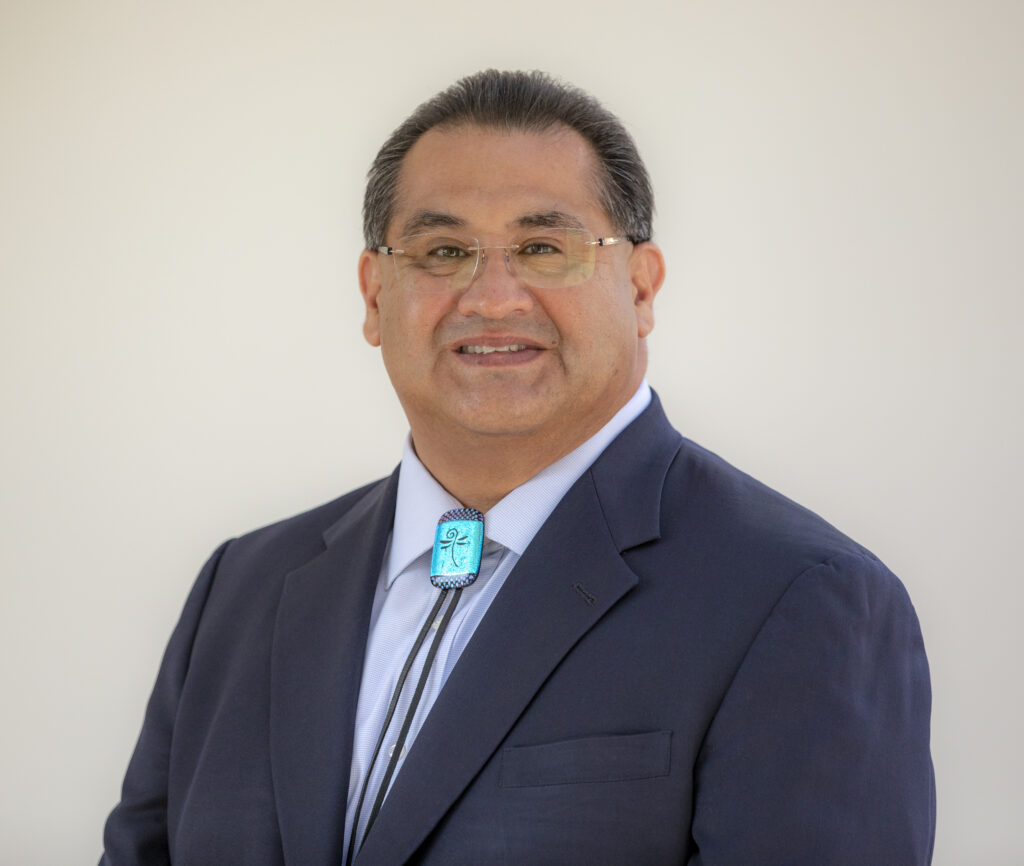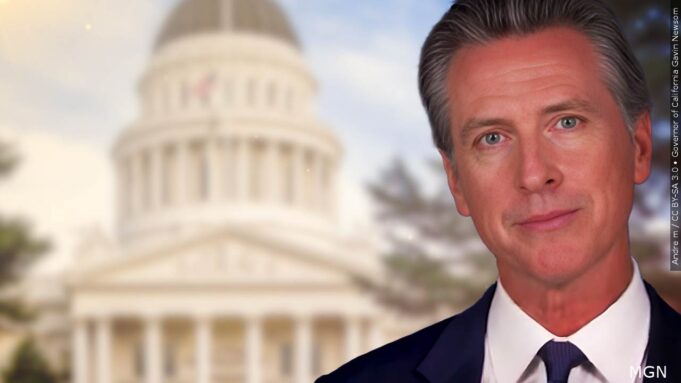SACRAMENTO, Calif.—Gov. Gavin Newsom signed two laws on October 10 intended to compel California’s public university systems to make progress in their review and return of Native American remains and artifacts.
Decades-old state and federal legislation, known as repatriation laws, require government entities to return these items to tribes. Those artifacts could include prayer sticks or wolves’ skins that have been used for ceremonies. But the state auditor found in recent years that many campuses have not done so due to a lack of funding or clear protocols from chancellors’ offices.
Democratic Assemblymember James C. Ramos, the first Native American in the California Legislature, said campuses’ failure to return remains to tribes has denied “the Indian people the right to bring closure to family issues and historical trauma.”
“We’re still dealing with a state that has not come to terms with its history—deplorable history and treatment towards California’s first people,” Mr. Ramos said.
The laws require the California State University system and urge the University of California system to annually report their progress to review and return Native American remains and artifacts to tribes.

In 2019, Gov. Newsom issued a state apology for California’s mistreatment of and violence against Native Americans throughout history. The repatriation proposals were among the hundreds of bills lawmakers sent to the Democratic governor`s desk this year.
A report published by the state auditor in 2020 found that the University of California system did not have adequate policies for returning these remains and artifacts. The Los Angeles campus, for example, returned nearly all of these items while the Berkeley campus only returned about 20 percent of them. The auditor’s office has since found that the system has made some progress.
For years, the University of California, Berkeley, failed to return remains to the Santa Ynez Band of Chumash Indians. It was not until 2018 that the university returned 1,400 remains to the tribe, according to the state`s Native American Heritage Commission.
Kenneth Kahn, the tribe’s chairman, said it is “appalling” that campuses have held onto Native American remains for so long and disappointing that “it`s taking law” to get many universities to work to return these items.
“There certainly has been progress, but they`ve been under duress,” Mr. Kahn said. “We’ve been asking for years.”
More than half of the 21 California State University campuses with collections of Native American remains or cultural artifacts on campus have not returned any of the items to tribes, the state auditor’s office said in a report released in June.
Some campuses have these items because they’ve been used in the past for archeological research, but these laws nudge the University of California and require California State University to ban them from being used for that purpose.
The University of California did not take a position on the legislation focused on its system but is committed to “appropriately and respectfully” returning Native American remains and artifacts to tribes, Ryan King, a spokesperson for the president’s office, said in an email. The university system already bans these materials from being used for research “unless specifically approved” by tribes, he said. The University of California released a systemwide policy in 2021 for complying with repatriation laws.
California State University supported the law setting requirements for its system and is working to teach employees about requirements to inventory and handle remains and artifacts, said Amy Bentley-Smith, a spokesperson for the chancellor’s office. (AP)













